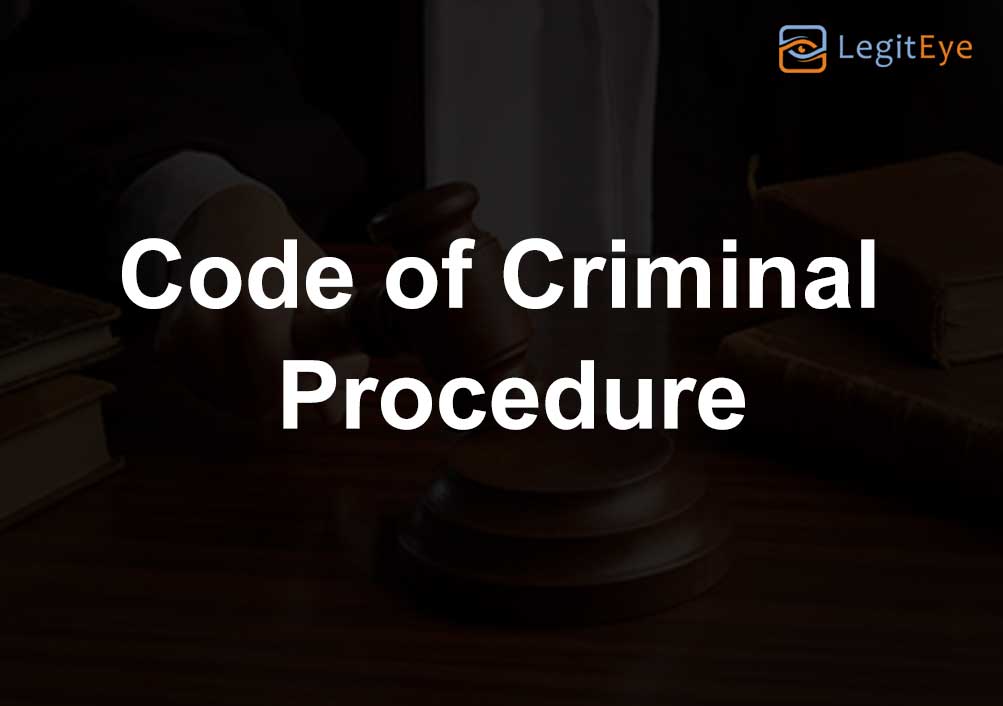Under Section 438(4), CrPC (Maharashtra Amendment), interim protection to be extended for minimum 3 working days if application for anticipatory bail rejected: HC

Read Judgement: Dr. Sameer Narayanrao Paltewar v. The State of Maharashtra
Tulip Kanth
Nagpur, August 24, 2021: In a matter pertaining to the scope and amplitude of Section 438(4) of Cr.P.C. as applicable to the State of Maharashtra, the Nagpur Bench of the Bombay High Court has ruled that if the Sessions Court rejects the application for anticipatory bail upon final hearing and the accused is present before the Sessions Court in pursuance of directions given under the Section 438(4), the Court shall extend the interim protection operating in favour of the accused for a minimum period of three working days.
This observation, by the Single Bench of Justice Manish Pitale, has been made while hearing a plea of the applicant, a surgeon, who had filed an application for grant of anticipatory bail before the Sessions Court and had expressed apprehension that in the absence of interim protection being continued, there was distinct possibility of the accused being arrested upon rejection of the application by the Sessions Court.
Herein, the complainant and the applicant are the Directors of a company operating a Super Specialty Hospital at Nagpur. The complainant had lodged a criminal complaint against the applicant for offences punishable under Sections 406, 409, 420, 465, 467, 468 and 471 of the IPC and Section 66-C of the IT Act, 2000.
The applicant’s counsel highlighted the plight of an accused when he remains present in the Court at the stage of final hearing of the application for grant of anticipatory bail while interim protection is operating. In the eventuality that the application is rejected upon final hearing, unless protection is extended further for a reasonable period of time to approach the High Court for grant of anticipatory bail, the accused stands exposed to the possibility of arrest.
The High Court observed that in the absence of extension of the interim order of protection operating in favour of the accused during pendency of the application for anticipatory bail before the Sessions Court, the right available to the accused to move the High Court will stand frustrated if he is arrested and such arrest will obviously be facilitated by the direction of the Sessions Court under Section 438(4) of the Cr.P.C.
This would not only be antithetical to the right of the accused to move the High Court under Section 438 of the Cr.P.C. but it would strike at the root of the right guaranteed under Article 21 of the Constitution of India, noted the Court.
While stating that the expression “in the interest of justice” has to be construed in the interest of both the prosecution as well as accused and the Court is obliged to strike a balance between the interests of the two, while considering the application under Section 438(4) of the Cr.P.C, the Bench also clarified that the prosecution cannot be permitted to move applications under Section 438(4) of Cr.P.C. in a casual manner and the Sessions Court is also expected not to routinely allow such applications moved on behalf of the prosecution.
At the same time, the Court postulated that the applications moved on behalf of the Investigating Officer and the Public Prosecutor did not divulge sufficient reasons for seeking presence of the applicant at the time of final hearing of the application for anticipatory bail.
Equally, the Court of Additional Sessions Judge, Nagpur, allowed the said applications by the impugned order in a casual manner. Therefore, even though the purpose for which the present application was filed by the applicant was served by the interim order passed in his favour, the Court was of the opinion that the impugned order could not be sustained.
“If the Sessions Court rejects the application for anticipatory bail upon final hearing and the accused is present before the Sessions Court in pursuance of directions given under Section 438(4) of the Cr.P.C. (Maharashtra Amendment), the Court shall extend the interim protection operating in favour of the accused for a minimum period of three working days, on the same conditions on which interim protection was granted during pendency of the application for anticipatory bail or on such further conditions as the Sessions Court may deem fit, in the interest of justice,” opined the Bench.
The Court directed that the Prosecutor under Section 438(4) of the Cr.P.C. (Maharashtra Amendment) shall state cogent reasons while seeking the obligatory presence of the accused before the Sessions Court at the time of final hearing of the application for anticipatory bail.
It was also held that the Sessions Court shall consider such an application and pass a reasoned order as to why the presence of the accused is necessary, in the interest of justice, at the time of final hearing of application for grant of anticipatory bail.
Justice Pitale went on to observe that in cases where the Sessions Court deems it appropriate to grant extension of interim protection for more than three working days, it shall record reasons for the same and in any case, such extension of interim protection upon existing conditions or further stringent conditions, shall not exceed a period of seven working days.
The Court concluded that the accused shall abide by the conditions so imposed by the Sessions Court while granting extension of interim protection, failing which such interim protection shall cease to operate instantaneously.
Sign up for our weekly newsletter to stay up to date on our product, events featured blog, special offer and all of the exciting things that take place here at Legitquest.




Add a Comment